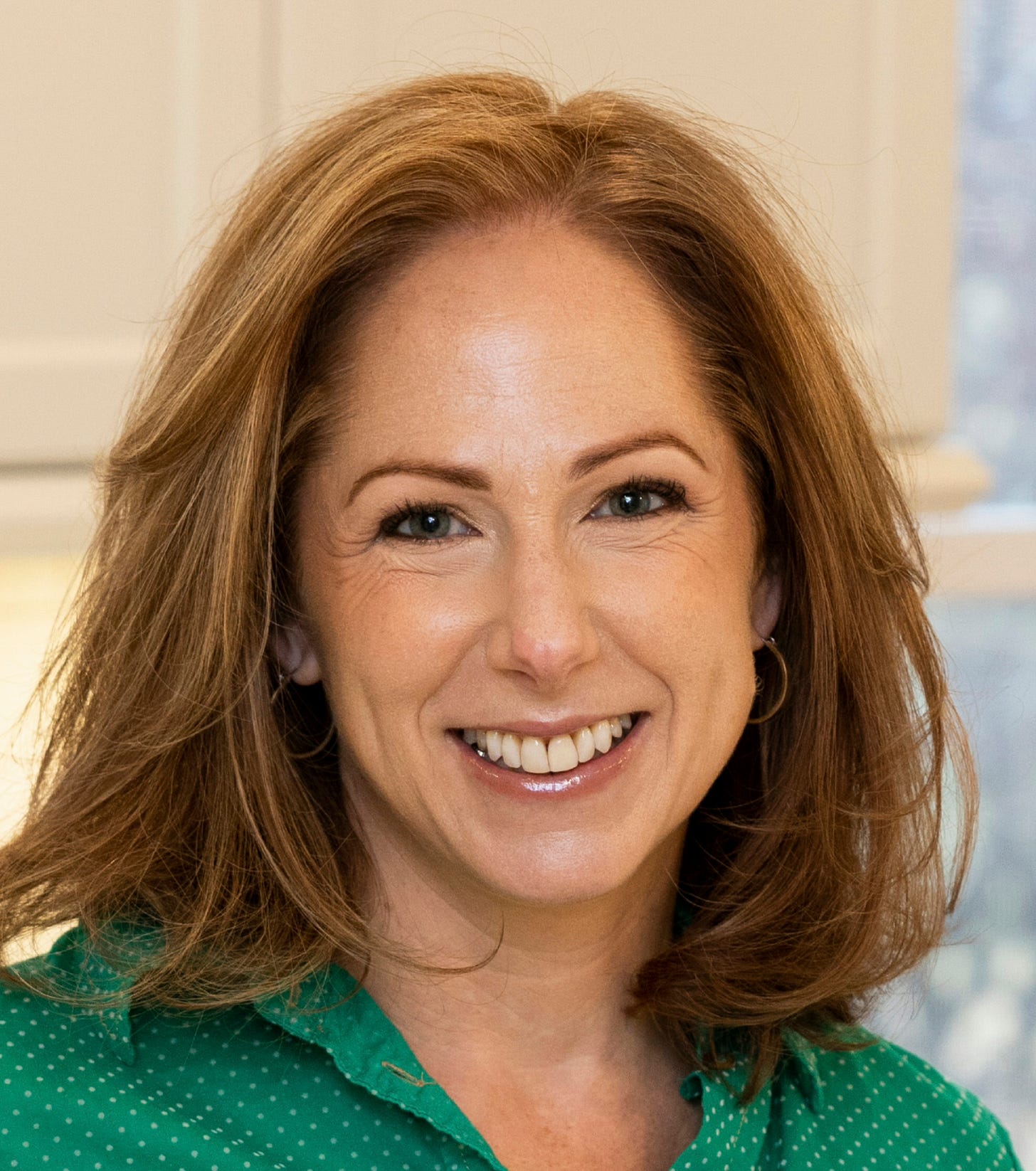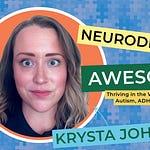[Recorded video is 1 hour, 8 minutes - timestamps below in addition to the transcript.]
July is all about nutrition and burnout for Go Long. This is obviously a sensitive topic and we’ll be getting into some of them in this month’s posts.
Go Long recommends listening to the entire podcast for context, but knows you are all busy people. As a reminder, this podcast is not a substitute for medical advice. Please check with your health professional before embarking on changes to your health and wellness regimen.
A few months ago, I recorded a wide-ranging conversation with Dr. Jill Rubin Silverman, RDN (Registered Dietician Nutritionist) to talk about “mostly” all things diet and nutrition. The focus was on perimenopausal women and the challenges that women over 40 face with all of the changes in hormones taking place.
Dr. Silverman’s Bio:
Jill R. Silverman, after years as an adjunct professor, became an Assistant Professor in the Department of Nutrition Sciences at SUNY Farmingdale, in 2020. She has been practicing as a certified Registered Dietitian Nutritionist since 2002. Dr. Silverman graduated Magna Cum Laude and Phi Beta Kappa from Binghamton University in 1997 with a B.S. in Biology and received her Ph.D. in Nutritional Biochemistry from Columbia University in 2002. Her dissertation topic was on the association between lipoprotein(a) and heart disease. Current research interests are nutrition, weight, and eating behaviors. She is a member of the Obesity Medicine Association and the Center for Science in the Public Interest.
Quick Takeaways
Dr. Silverman: Think about intuitive eating as a way to curb cravings and emotional eating. Your body craves consistency in the fuel you give it - the more consistent you are, the better chance of your body performing at its best
Go Long: Be careful about nutrition labeling and supplement labeling. These are billion dollar industries that are not incentivized to make you healthier.
Major topics covered
Biggest trends Dr. Silverman has seen since COVID
How intuitive eating can help you reach your goals
Impact of carb-phobia and fat-phobia trends
Getting off of the “diet treadmill” & causes of the obesity epidemic
Managing cravings, especially through menopause
Considerations during menopause, including tests to ask your doctor for
Myths and health halos that Dr. Silverman wish would go away
Eating disorders, disordered eating and considerations when taking supplements
Ways to connect with Dr. Silverman:
Ways to connect with Go Long:
Sign-up for Go Long’s newsletter, which is published twice per week
Schedule a complimentary consultation
Timestamps
0:00:00 - 0:03:42: Introduction along with Dr. Silverman's educational background and career path
0:03:43 - 0:07:22: Biggest trends since COVID-19, including emotional eating and increases in IBS diagnoses
0:07:23 - 0:12:23: New Year’s resolutions and dieting, including intermittent fasting and Keto impacts on inflammation
0:14:00 - 0:18:30: Why fiber consumption matters, how food companies use the ‘bliss point’ to hook you, and the dangers of ‘carbophobia’ and ‘fatphobia’
0:18:31 - 0:24:59: ‘Blue zones’, society’s fixation on the scale, and how BMI is a misleading indicator in evaluating overall health
0:25:00 - 0:32:40: How Dr. Silverman coaches patients off of the diet treadmill and helps them create sustainable habits, health implications of yo-yo dieting, and the introduction of ‘intuitive eating’
0:32:41 - 0:37:40: Some of the causes of the obesity epidemic in the US, “fat-shaming”, the impact of the American Medical Association classifying obesity as a disease, GLP-1 drugs and insurance coverage
0:37:41 - 0:41:35: Blood sugar stability and preventing food cravings, and nutrient-dense foods vs. caloric-dense foods
0:41:36 - 0:45:59: Practical healthy eating tips, especially for the “Uber Mom”
0:46:00 - 0:49:23: “Health Halos” and organic foods, and the importance of being informed consumers and reading food labels
0:49:24 - 0:52:39: The one myth Dr. Silverman would debunk
0:52:40 - 0:55:44: Why protein consumption matters in preventing sarcopenia, osteopenia and osteoporosis
0:55:45 - 0:57:59: Types of tests to ask for during your annual medical check-up
0:58:00 - 1:01:00: Difference between disordered eating and eating disorders, and how your body likes the “Groundhog Day” diet (ode to the ‘93 movie)
1:01:01 - 1:06:09: Red flags, concerns on how supplements may interact with drugs prescribed by your medical doctor and the importance of 3rd party testing with supplements to ensure safety
1:06:10 - 1:08:00: Wrap-Up and Final Thoughts















Share this post